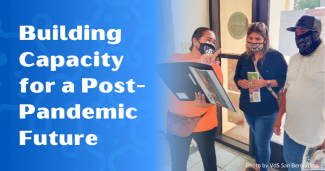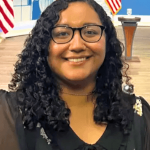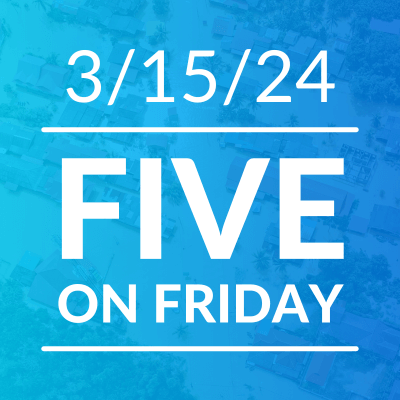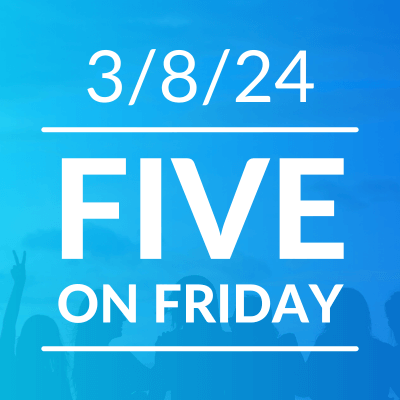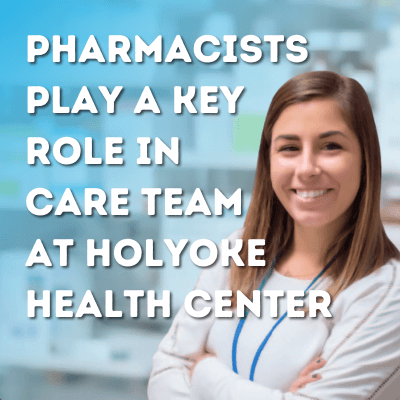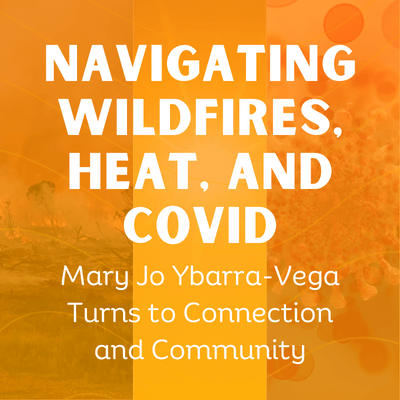Building Capacity for a Post-Pandemic Future
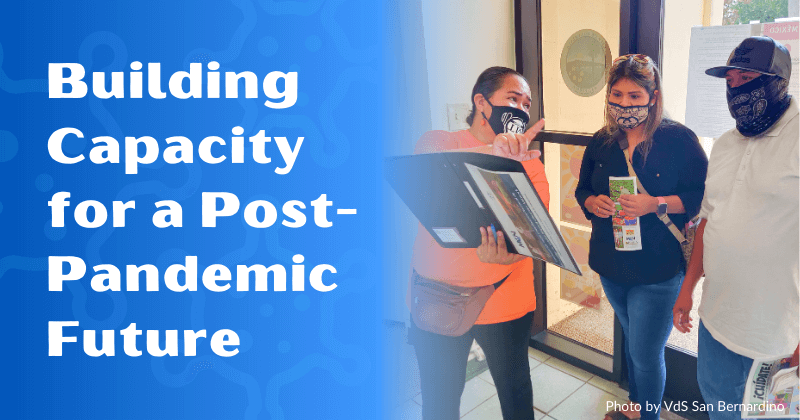
What did we learn from COVID – and what do we still have to learn? Essential work over the last three years of the pandemic brought to the forefront systemic issues: poor language access, a dearth of culturally competent materials, and the lack of resources – from information, to vaccine access, to PPE – that impacted the health of refugee, asylum-seeking, migrant, and immigrant communities. Building capacity in community-based organizations to strengthen the response to the COVID-19 pandemic in underserved communities has been a crucial undertaking – and a big lesson. With support from the Center for Disaster Philanthropy, Migrant Clinicians Network offered a series of four learning collaborative sessions for, community partners, community health workers, and outreach workers who came together to identify the most successful strategies in combating this a massive public health crisis in communities that face structural and health inequities. The sessions were designed to provide a collaborative learning space for our small but mighty group of participants to share their experiences while continuing to grow in their knowledge to support their communities.
Kicking off our learning collaborative, Laszlo Madaras, MD, MPH, MCN’s Chief Medical Officer, shared valuable insights and provided clinical updates on the ever-changing landscape of COVID-19, including on long COVID. Participants also were given updated guidance on bivalent COVID vaccine eligibility by the FDA and CDC to understanding long COVID and post-COVID conditions among the worker population. To support this learning collaborative, MCN shared current, up-to-date multilingual resources, and developed new resources to share with partners, like Carmen Martinez, Partnership Coordinator with Centro de los Derechos del Migrante.
"I am grateful for the opportunity to learn the latest clinical updates on COVID-19, long COVID, and COVID-19 vaccine eligibility from MCN. Our organization and partners do extensive outreach, and this information helps us protect ourselves and our communities and communicate this information to the populations we work with,” she said. “I also appreciate the updates about available resources to uninsured and underinsured communities, especially now after the end of the Public Health Emergency. All the information was rich, timely, and accessible! MCN post-seminar resources are also fantastic – I am not exaggerating when I say I refer to them multiple times a week."
The sessions also aimed to equip participants with up-to-date knowledge and best practices to support their community work through the development of hyper-local communication campaigns. Participants were able to take a deep dive into the many fully customizable resources available through the “Vaccination Is…” COVID-19 Vaccine Awareness Campaign and the many tools and strategies in the Designing Community-Based Communications Campaign Manual developed by MCN. By sharing successful strategies and experiences, such as leveraging local media, utilizing social media platforms, and organizing community outreach events, participants learned from one another and gained valuable insights into tailoring their communication efforts to their specific communities.
The timing of these learning collaborative sessions was particularly significant as the public health emergency was nearing its end on May 11, the day of our fourth and final session. To address immediate challenges while preparing for the future, the sessions helped participants build capacity for a continued response to our world with COVID. The biggest take away for participants was that the end of the public health emergency did not signify an end to COVID. The end of the public health emergency will, however, impact vaccine, treatment, and testing access, particularly among those who already lack good access to these COVID basics – and participants learned where these new gaps in care are. Participants were not only equipped to navigate the ongoing health care disparities, but also empowered to respond effectively to future health crises.
"MCN's latest learning collaborative provided us with key information and resources to respond to the changing context of the COVID-19 pandemic,” said Lucy Thames, Project Coordinator of Health Initiatives, Centro de los Derechos del Migrante. “I especially appreciated the technical updates from the MCN team, which covered topics like updated vaccination guidelines, the latest COVID-19 variants, and the end of the public health emergency in the United States. It is always a pleasure to learn from and partner with MCN in reaching migrant workers and providing them with up-to-date public health information."
The impact of these sessions goes beyond the individual organizations and participants involved. The strengthened capacity of community-based organizations to respond to the COVID-19 pandemic will have a lasting effect on underserved communities. By fostering resilient and healthy communities, these organizations can tackle health care disparities and create a more equitable health care system. The learning collaborative sessions served as a steppingstone towards achieving this goal, providing a platform for collaboration, knowledge sharing, and the development of innovative approaches to community-based health care.
As we exit the public health emergency and ease into a new phase of COVID, MCN designed resources to share updated information on COVID and long COVID, build equitable health systems, and promote public health and health justice. Here are some of the recommended resources we used during the learning collaborative:
- See the Building Capacity Learning Collaborative Archive
- Designing your Community-based Communications Campaign
- Updates to Bivalent COVID-19 Vaccine
- Access fully customizable COVID-19 Vaccine Awareness Campaign Resources
- Log in to post comments
